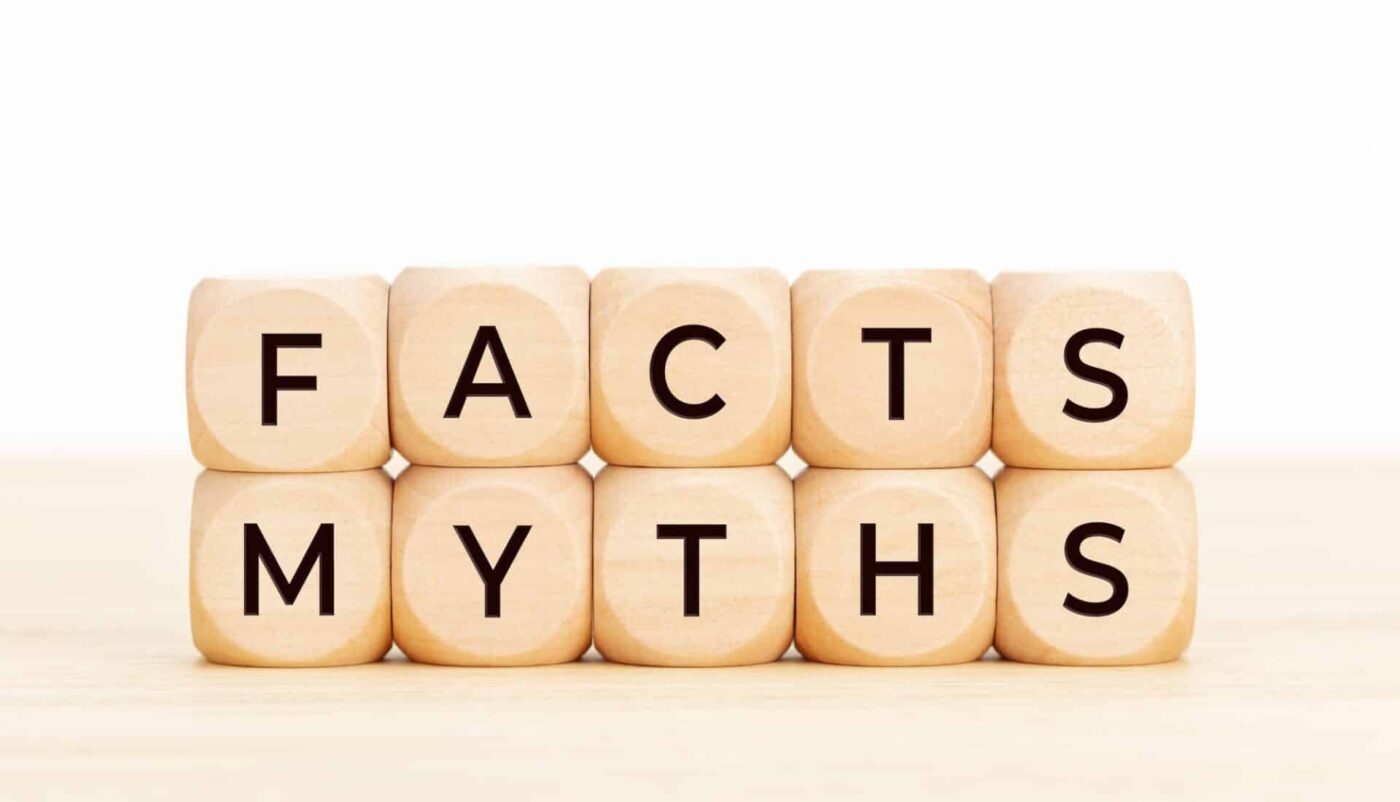Reading Time: 4 minutes
Feeling like Big Brother is always watching while you browse the web? If so, you’re not alone, and that’s why Virtual Private Networks (VPNs) are gaining a surge in popularity. But there’s a nebulous swirl of VPN myths and misconceptions, creating a foggy understanding of what VPNs can and cannot do. Let’s uncover the truth about these digital security tools.
Unmasking the ‘What’, ‘How’, ‘Where’, and ‘Why’ of VPNs
Far from being just a luxury for tech enthusiasts, VPNs are essential for anyone who cares about their digital privacy. At its core, a VPN creates a secure tunnel between your device and the internet, encrypting all data passing through it. It hides your IP address, making you virtually anonymous online. With a global user base, VPNs are not just for businesses anymore. They’re used by individuals for a wide range of purposes – secure banking, maintaining privacy, even streaming Netflix. Why a VPN, you ask? For security, privacy, and freedom online.
Five Common VPN Myths Busted Wide Open
VPNs Slow Down Internet Speed: One of the more common VPN speed misconceptions is that they will always slow down your internet speed. In reality, the effect a VPN has on your speed is largely dependent on the quality of the VPN itself. While it’s true that some VPNs can cause a slowdown due to poor design or overcrowded servers, others, especially premium ones, have optimized servers and advanced technology that can actually prevent ISP throttling, resulting in a speed boost.
VPNs are Illegal: This myth originates from the fact that VPNs can be used to perform illegal activities. But the tool itself is not illegal. In most countries, VPNs are completely legal and are used for legitimate privacy and security purposes. They’re akin to locks on a door – while they can be used by criminals to hide illicit activities, their primary purpose is to provide security.
All VPNs are the Same: The notion that all VPNs offer the same service is a gross oversimplification. They differ in security protocols, server locations, speed, privacy policies, and more. Just like cars, VPNs come in different shapes, sizes, and power – you wouldn’t compare a sports car to a family sedan.
Using a VPN Guarantees Anonymity: While VPNs significantly improve privacy, they’re not a magic cloak of invisibility. Some VPNs might keep logs of your activity, and others can’t protect you from all forms of tracking, such as browser fingerprinting or cookies. It’s important to adjust other privacy settings for complete anonymity.
Free VPNs are as Good as Paid Ones: Just as nothing in life is truly free, free VPNs come with their own cost. They often monetize through ads or by selling your data – precisely what you’re trying to avoid. They may also have slower speeds, fewer server locations, and weaker security. It’s safer to invest in a reputable paid VPN service.
Three Real-Life VPN Stories Shattering the Myths

The Privacy Paradox:
Jake, hoping to protect his data from prying eyes, chose a free VPN. He was soon bombarded with targeted ads, a clear indication of data selling by the VPN provider. This story highlights a common VPN privacy misconception – not all VPNs uphold stringent privacy standards.
 The Streaming Conundrum:
The Streaming Conundrum:
Emily used a VPN to watch her favorite US-only show but found she still couldn’t access it. This case underscores that while VPNs often help bypass geo-restrictions, it’s not guaranteed due to some streaming services’ advanced VPN detection methods.
 The Speed Dilemma:
The Speed Dilemma:
Sam, an avid gamer, worried about his VPN affecting his gaming speeds. However, choosing a premium VPN with gaming-optimized servers, he found his speed largely unaffected and could game without worrying about his ISP throttling his connection.
VPN Myths: Frequently Asked Questions
How do VPNs ensure my privacy?
VPNs hide your IP address and encrypt your data, making it very difficult for anyone to see what you’re doing online. However, it’s crucial to choose a reputable VPN provider that does not keep logs of your activities.
Can VPNs protect me from all types of cyber threats?
No, VPNs protect your data in transit but don’t offer protection against viruses or phishing attacks. You still need a good antivirus program and safe browsing habits.
Will a VPN slow down my internet speed?
This largely depends on the VPN service you choose. Some might slow it down due to encryption overhead, while others may improve it by bypassing ISP throttling.
Are all VPNs basically the same?
Not at all. VPNs vary greatly in their privacy policies, security protocols, server locations, and speed. It’s important to research thoroughly before choosing a VPN.
Are free VPNs safe?
While some free VPNs maintain decent security standards, many make money by selling your data or showing you ads. It’s often safer to invest in a reputable paid VPN service.
VPN Alternatives and Their Shortcomings
While VPNs are often the go-to choice for online privacy, there are alternatives like Tor and Proxy servers. However, these come with their own limitations. Tor, for instance, can significantly slow down your browsing speed and doesn’t provide full application-level security. Proxy servers might not offer the same level of encryption or hide your IP as effectively. This underlines the fact that VPNs, despite some shortcomings, often offer the best all-round privacy solution.
Engaging the Reader: What’s Your Take on VPN Myths?
Have you been swayed by any of these VPN myths? Do you think VPNs are truly necessary in the digital age? Were you aware of the stark contrast between free and paid VPNs? How has your experience been with VPN speed while using VPNs? Could you tell the difference between VPNs when you switched providers?
Concluding the VPN Myths Journey
In the intricate world of VPNs, myths and misconceptions abound. Staying informed, choosing a reputable VPN provider, and understanding what a VPN can and can’t do for you is paramount. In the ever-evolving digital landscape, knowledge remains your strongest defense.








